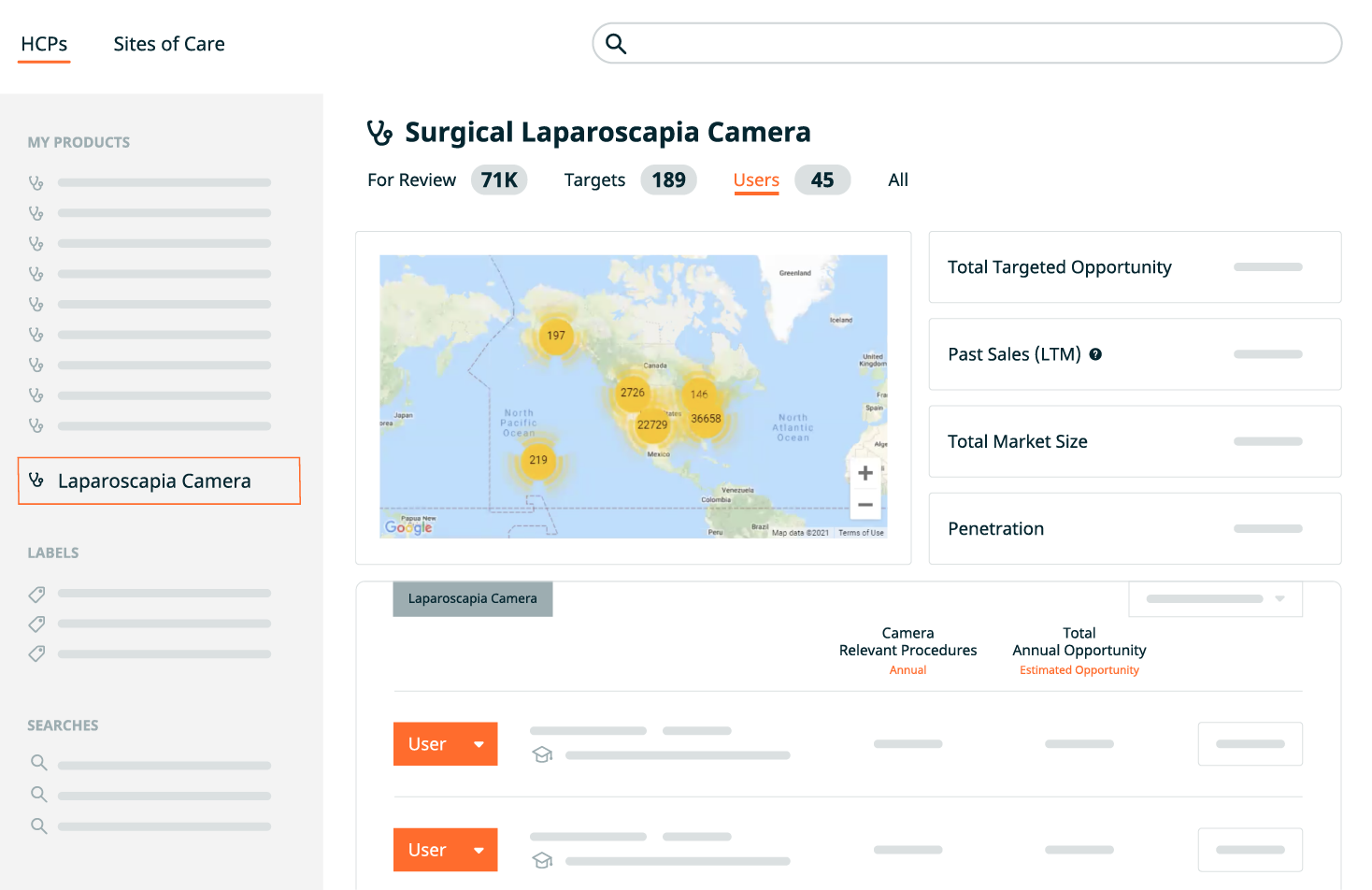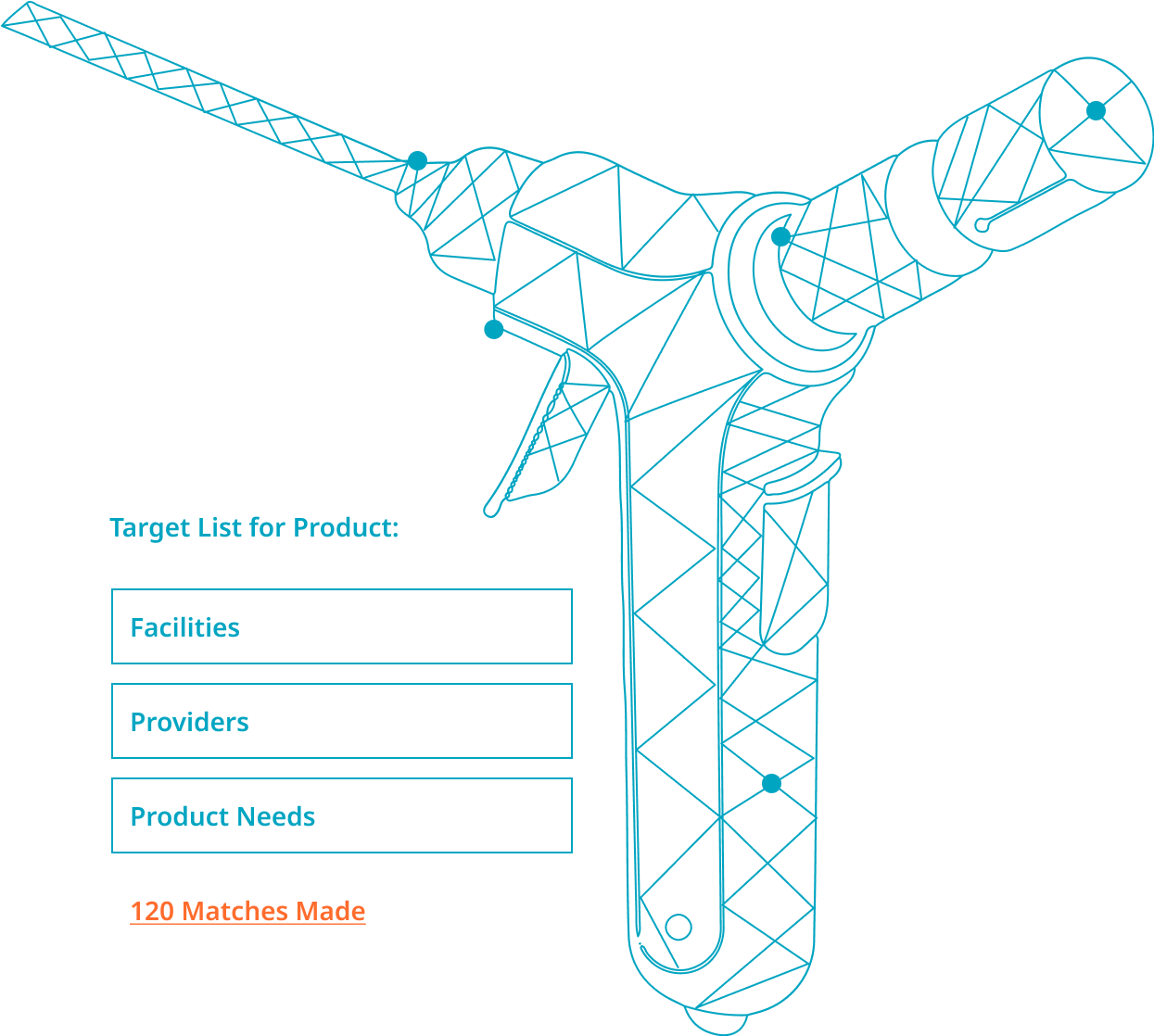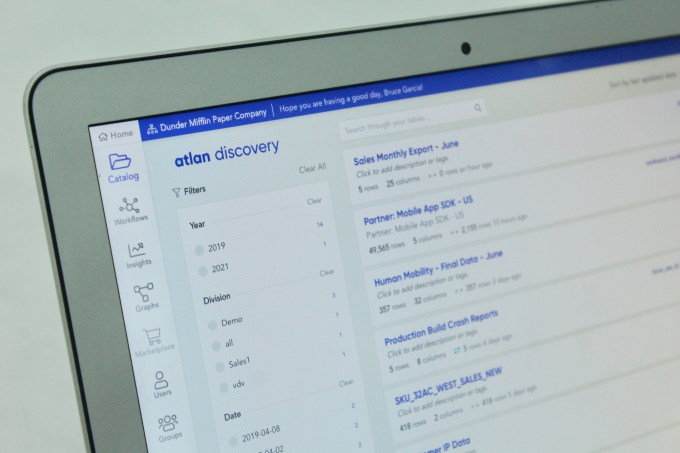News: Taipei-based computer vision startup eYs3D gets $7M Series A
eYs3D Microelectronics, a fabless design house that focuses on end-to-end software and hardware systems for computer vision technology, has raised a $7 million Series A. Participants included ARM IoT Capital, WI Harper and Marubun Corporation, who will each serve as strategic investors. Based in Taipei, Taiwan, eYs3D was spun out of Etron, a fabless IC
eYs3D Microelectronics, a fabless design house that focuses on end-to-end software and hardware systems for computer vision technology, has raised a $7 million Series A. Participants included ARM IoT Capital, WI Harper and Marubun Corporation, who will each serve as strategic investors.
Based in Taipei, Taiwan, eYs3D was spun out of Etron, a fabless IC and system-in-package (SiP) design firm, in 2016. It will use its new funding to build its embedded chip business in new markets. The company’s technology, including integrated circuits, 3D sensors, camera modules and AI-based software, have a wide range of applications, such as robotics, touchless controls, autonomous vehicles and smart retail. eYs3D’s products have been used in the Facebook Oculus Rift S and Valve Index virtual reality headsets, and Techman Robots.
ARM, the microprocessor company, will integrate eYs3D’s chips into its CPU and NPUs. WI Harper, a cross-border investment firm with offices in Taipei, Beijing and San Francisco, will give eYs3D access to its international network of industrial partners. Marubun Corporation, a Japan-based company that distributes semiconductors and other electronic components, will open new distribution channels for eYs3D.
In a press statement, ARM IoT Capital chairman Peter Hsieh said, “As we look to the future, enhanced computer vision support plays a key role in ARM’s AI architecture and deployment. eYs3D’s innovative 3D computer vision capability can offer the market major benefits, and we are pleased to partner with the company and invest in the creation of more AI-capable vision processors.”
The new funding will also be used to expand eYs3D’s product development and launch a series of 3D computer vision modules. It will also work with new business partners to expand its platform and hire more talent.
eYs3D’s chief strategy officer James Wang told TechCrunch that the global chip shortage and Taiwan’s drought haven’t significantly impacted the company’s business or production plans, because it works with Etron as its integrated circuits manufacturing service.
“Etron Technology is one of the major accounts for the Taiwanese foundry sector and has strong relationships with the foundries, so eYs3D can receive products for its customers as required,” he said. “Meanwhile, eYs3D works closly with its major customers to schedule a just-in-time supply chain for their production pipelines.”
The company’s systems combine silicon design and algorithms to manage information collected from different sensor sources, including thermal, 3D and neural network perception. Its technology is capable of supporting visual simultaneous location and mapping (vSLAM), object feature depth recognition, and gesture-based commands.
Yang said eYs3D can provide end-to-end services, from integrated circuit design to ready-to-use products, and works closely with clients to determine what they need. For example, it offered its chip solution to an autonomous robot company for obstacle avoidance and people-tracing features.
“Since their expertise is in robotic motor controls and mechanicals, they needed a more complete solution for a design module for 3D sensing, as well as object and people recognition. We provided them with one of our 3D depth camera solutions and SDK along with middleware algorithm samples for their validation,” said Yang. “The customer took our design package and seamlessly integrated our 3D depth camera solution for proof-of-concept within a short period of time. Next, we helped them to retrofit the camera design to fit in their robot body prior to commercialization of the robot.”









